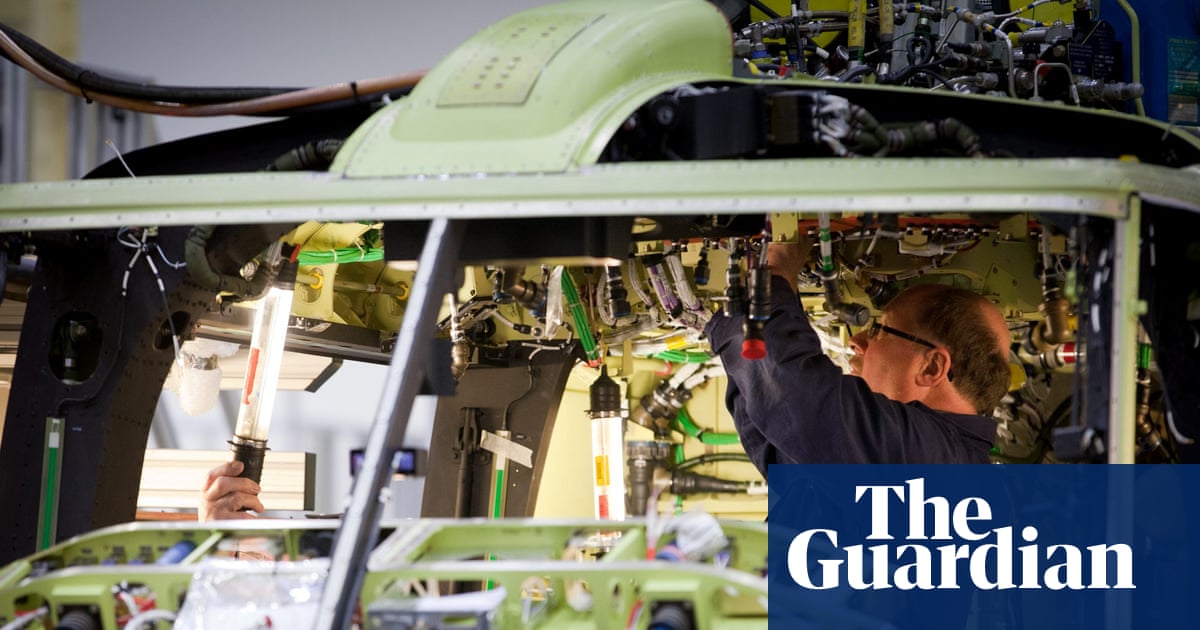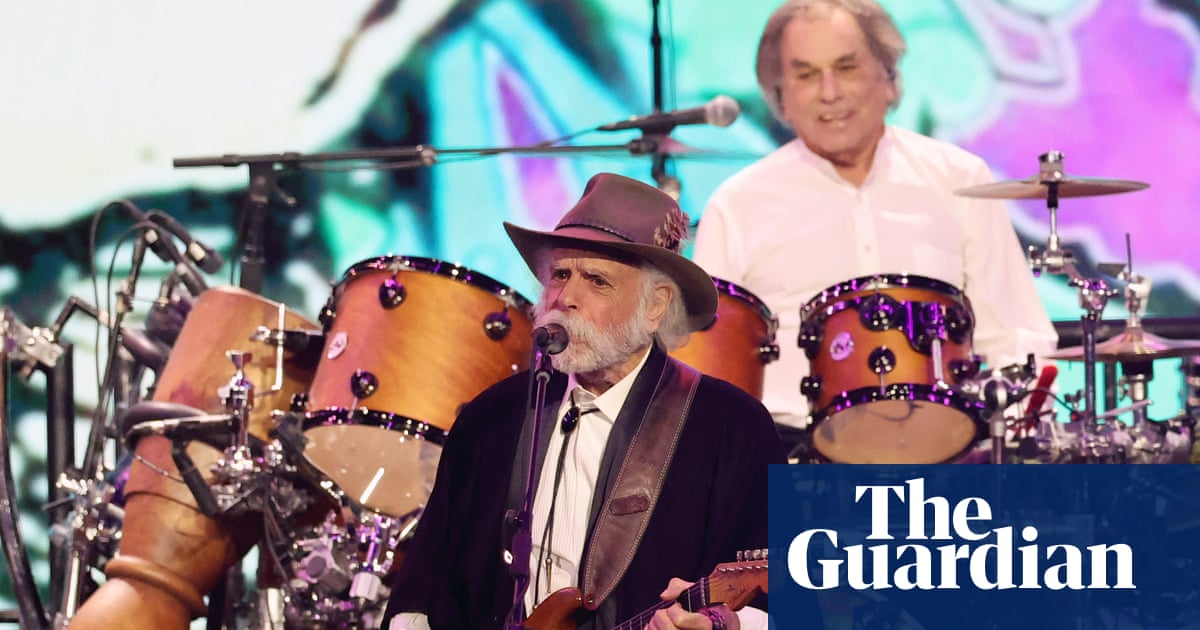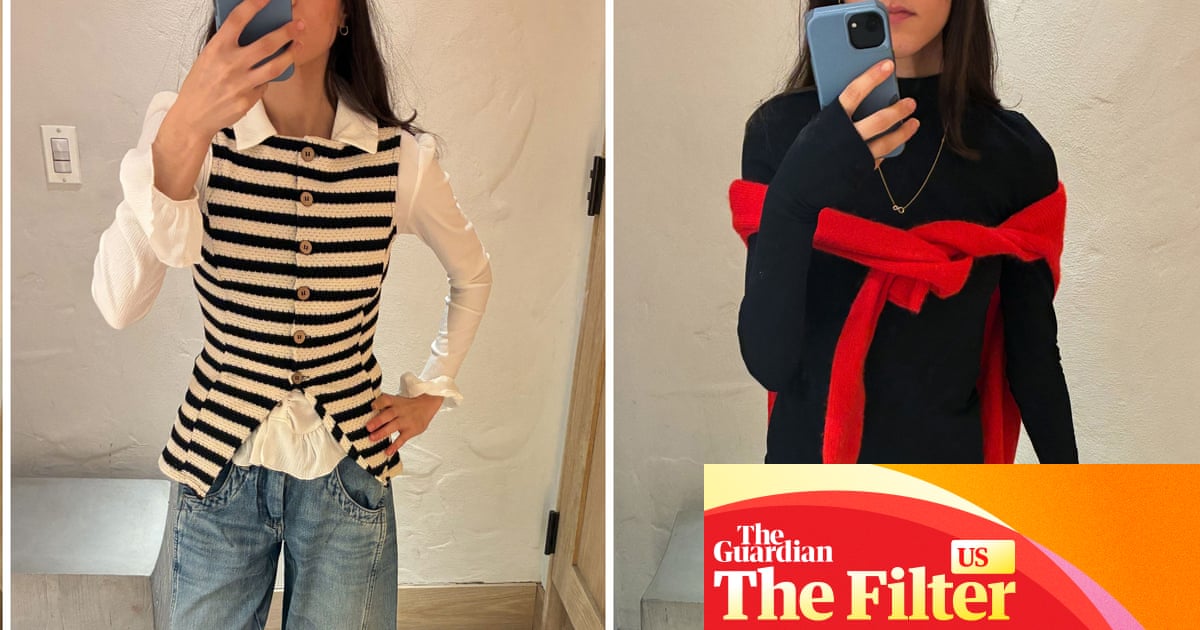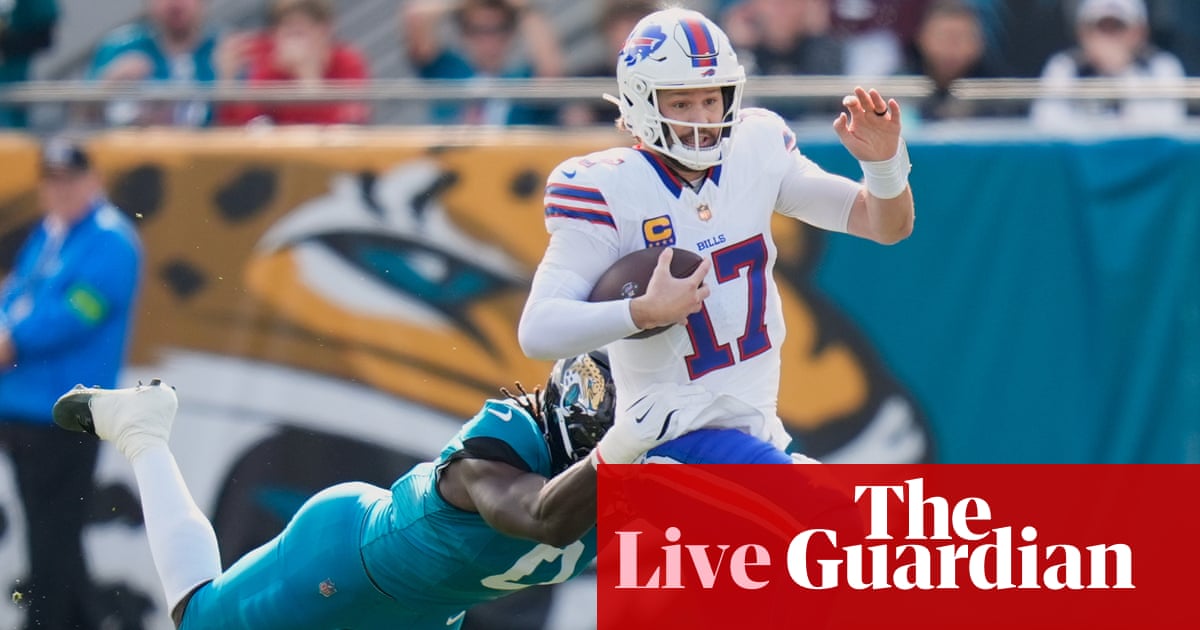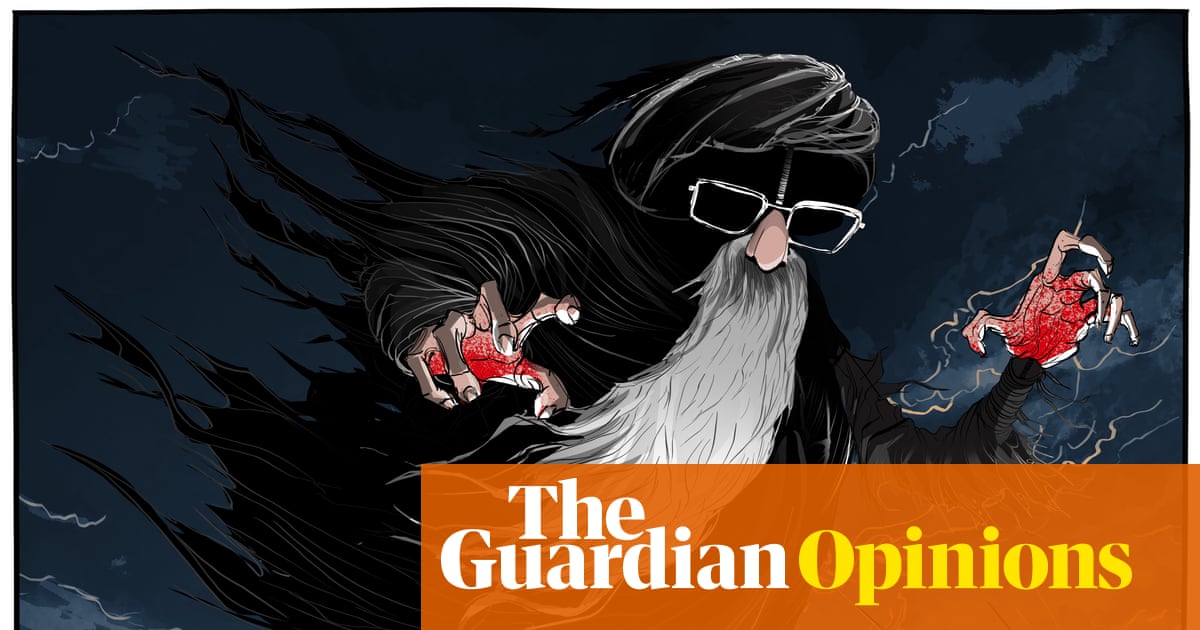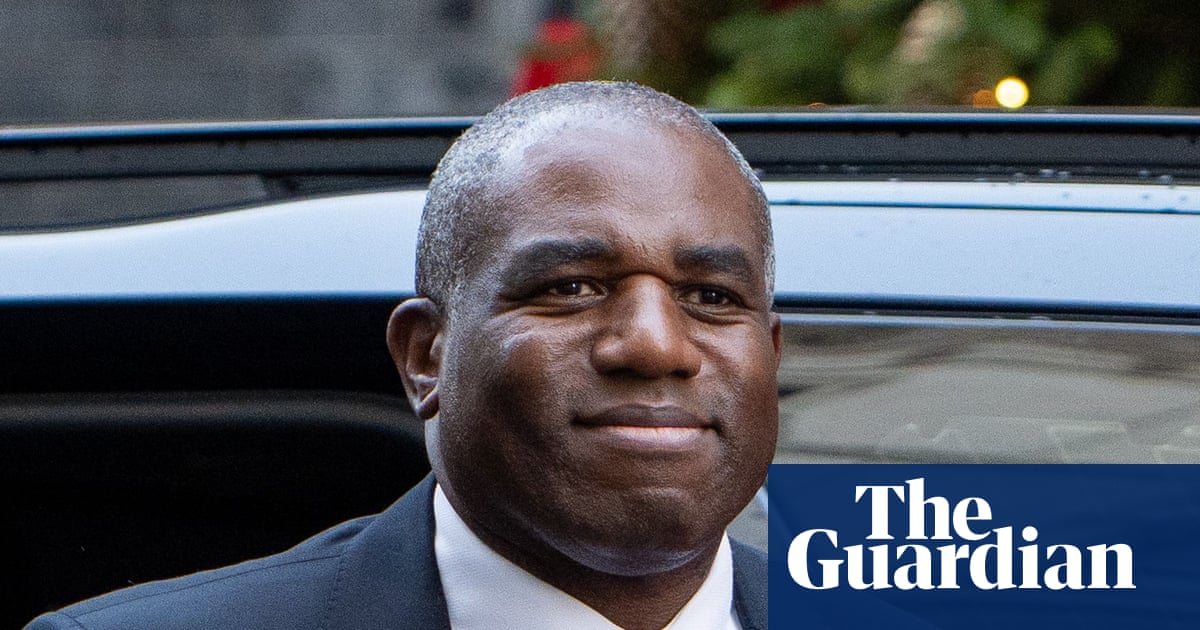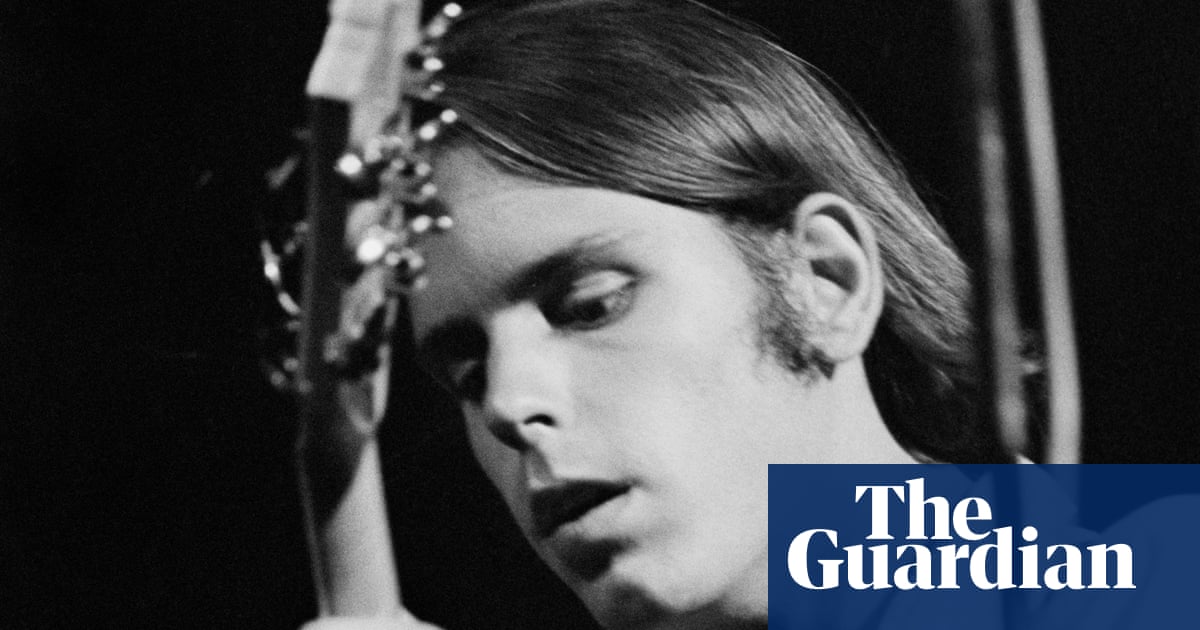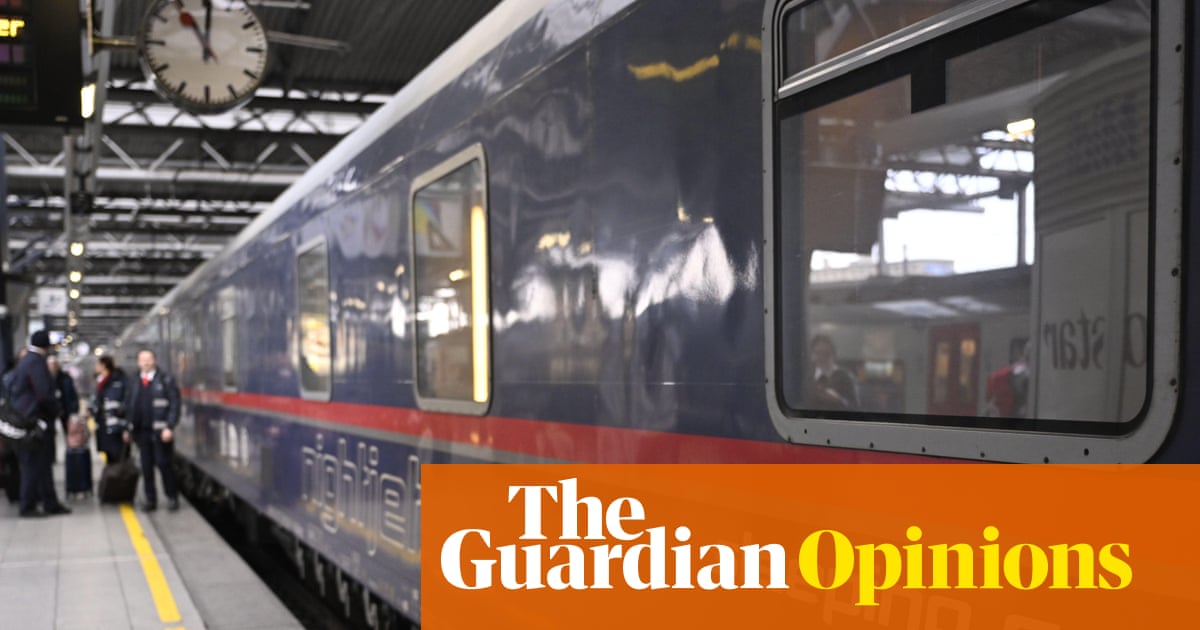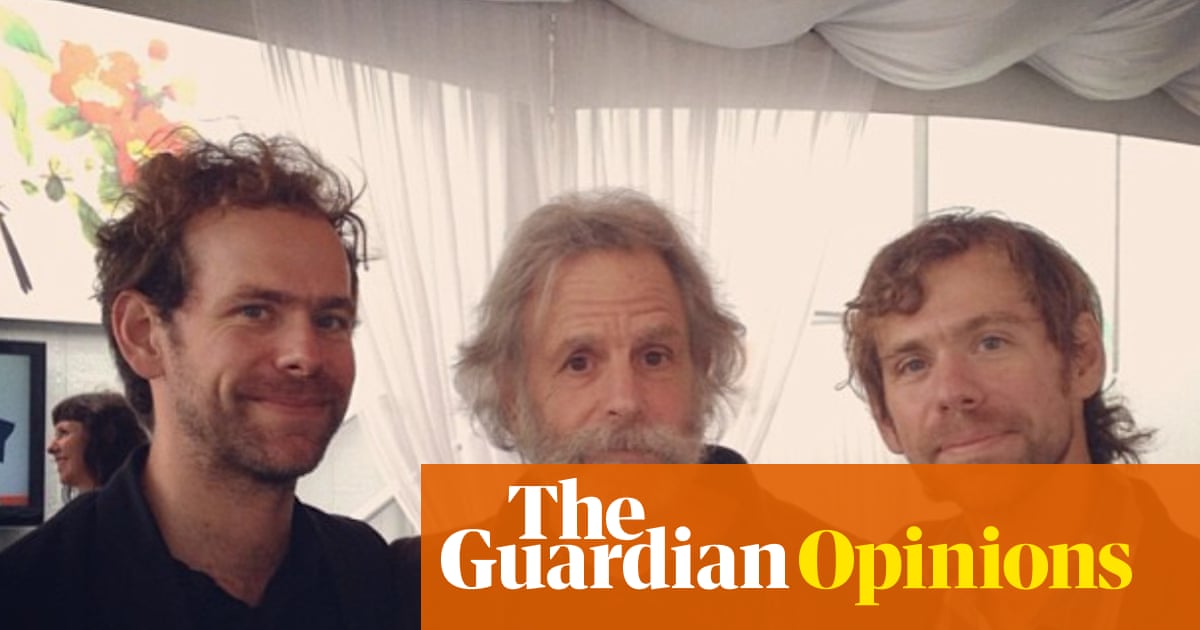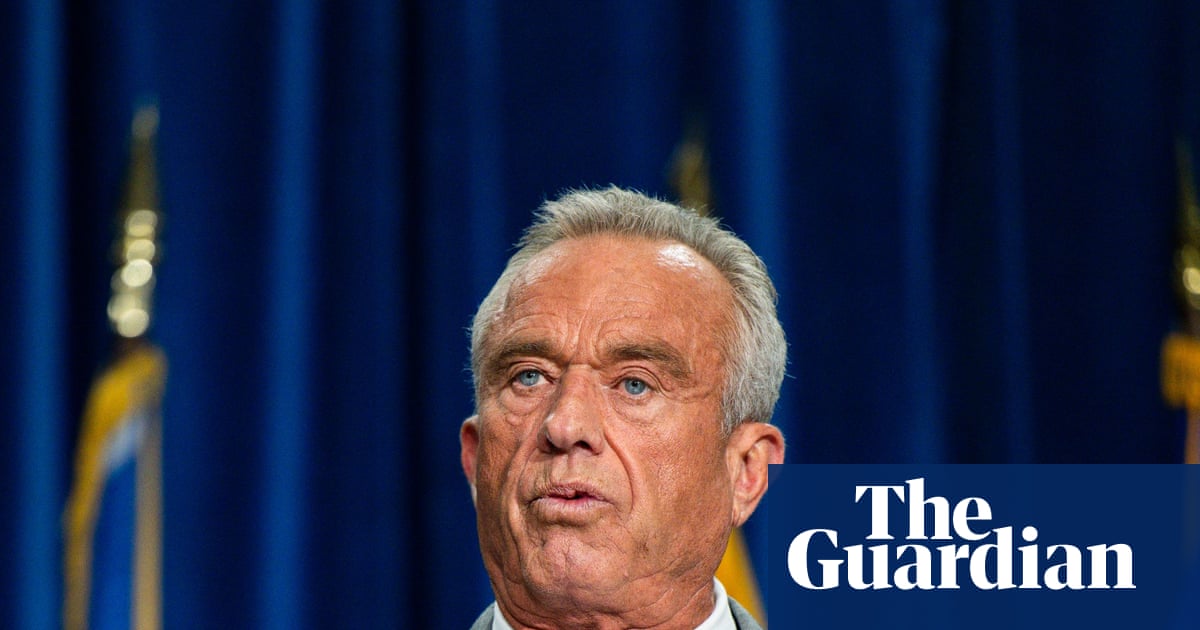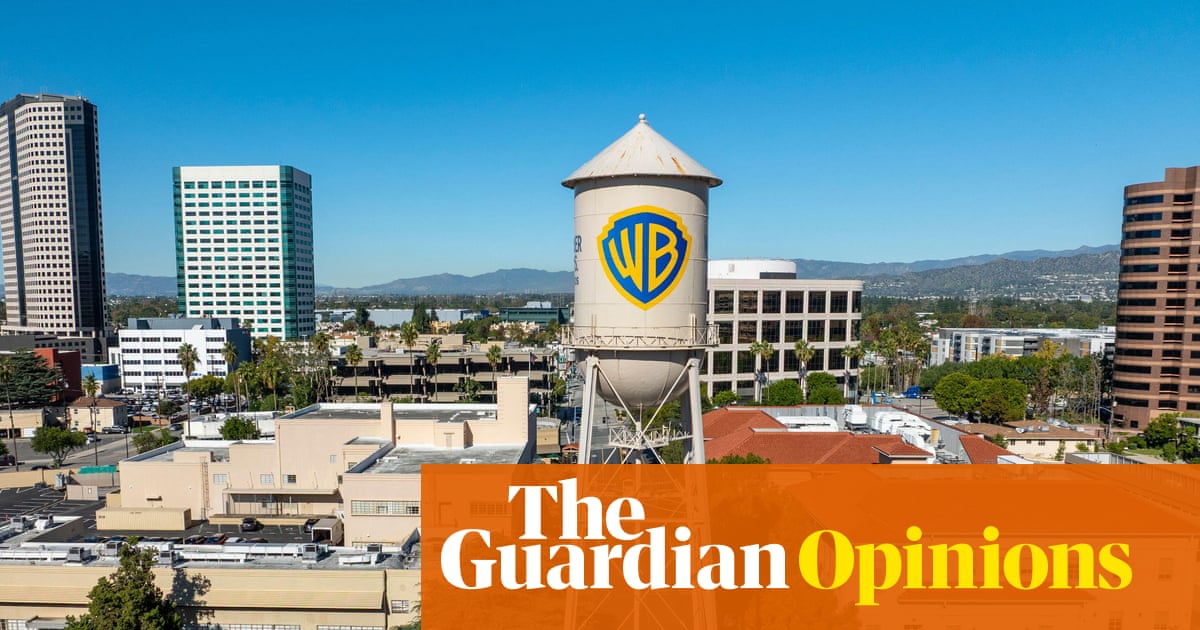There comes a time in every punk’s life when they are no longer the snarling face of the avant garde.
In the UK beer community, opinion is divided about exactly when that sobering moment arrived for BrewDog, the self-styled “punk” brewery founded in Scotland in 2007 whose once-fizzing sales are now turning flat.
Some point to the 2021 open letter by Punks with Purpose, a group of BrewDog staff who claimed to have endured a toxic “culture of fear”, engendered by the company’s bombastic and showmanlike founder James Watt.
“For those who had given them the benefit of the doubt, that was the moment when people thought that they don’t deserve to be held up as a paragon of independent beer,” says Matt Curtis, the founding editor of the drinks magazine Pellicle.
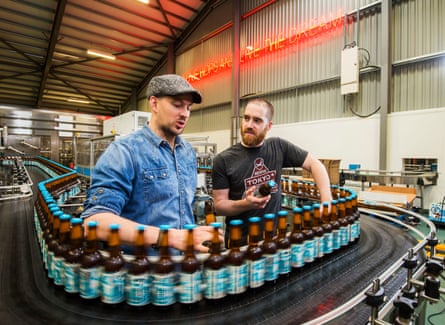
Others go back further, to when the investment group TSG Consumer Partners paid £213m for a 22.3% stake in 2017. To the chagrin of some, BrewDog continued soliciting investment from the crowdfunders who had fuelled its initial growth, even after taking the private equity money.
“That was a tipping point,” says the beer and food writer Melissa Cole. “After a private equity company has invested, can you still go back to the well of your fans?”
Watt’s personal and professional antics since stepping down as chief executive last year, broadcast relentlessly on social media, seem to have completed the migration into the establishment.
“I compare the history of post-punk music with craft beer,” says Pete Brown, a beer writer and author of Tasting Notes: The Art and Science of Pairing Beer and Music.
“I’ve got a slide with [former Sex Pistols frontman] John Lydon doing the Country Life butter commercial next to a picture of James Watt attending Nigel Farage’s birthday party.
“It’s like the French Revolution … inevitably the revolutionaries become the reactionaries.”
Peak BrewDog
Views may differ about when the brewer lost its countercultural credentials, but there is little dissent among beer connoisseurs about one thing: we have reached – and probably passed – peak BrewDog.
Outside what Brown calls the “beer bubble”, though, the hangover from the raucous growth story that defined the company for so long is only just setting in.
Since it was founded, sales have grown every year by at least 9% – and often at a much more rapid clip – even during the Covid-19 pandemic. But financial results for 2024 released earlier this month brought that remarkable winning streak to a close. Takings all but flatlined in 2024, rising by less than 1% to £357m.
Net revenues, which take into account the duty sliced off the top of a pint and sent to the Treasury, actually fell slightly. The company is taking on more debt, at sky-high interest rates, from TSG.
James Taylor, the second chief executive since Watt announced his departure 18 months ago – and the third James in a row to run the business – pointed investors towards his preferred “adjusted” operating profit measure.
At that level, BrewDog returned to the black, but only to the tune of £7.5m. Pre-tax losses over the past two years amount to nearly £100m.
So far, 2025 has offered little solace. BrewDog’s products, including its flagship Punk IPA, have been axed from 2,000 pubs as customers opted for rival beers. Last month, the brewer said it would close 10 of its own UK bars, including on its home turf in Aberdeen.
Some of this is down to environmental factors. The sluggish economy has constrained consumer spending across hospitality, while gen Z, a cohort who might have been expected to drink BrewDog 10 years ago, are now swerving alcoholic indulgence.
BrewDog says reports of its decline are exaggerated. Jettisoning loss-making bars will reduce costs, it argues, trimming a division that had over-expanded.
The company also plays down the impact of being elbowed off the beer pumps at so many pubs. They point to new distribution deals with big venues, including West Ham United’s London Stadium, the Isle of Wight festival and that lodestar of punk culture, Lord’s cricket ground.
These, say a spokesperson, have delivered more than three times the volume of sales lost from pubs.
But the notion of peak BrewDog is about much more than the financials. It is, say observers, the inevitable culmination of years of behaviour that have gradually chipped away at BrewDog’s rebel image until there was almost nobody left who believed in it.
From brash to cringe
Everything seems right with the world when you’re throwing stuffed toy cats out of a helicopter.
The 2015 stunt – intended to mock “fat cat” beer companies – was just one of many thought up by Watt and his fellow co-founder Martin Dickie, who followed his partner out of the exit door earlier this year.
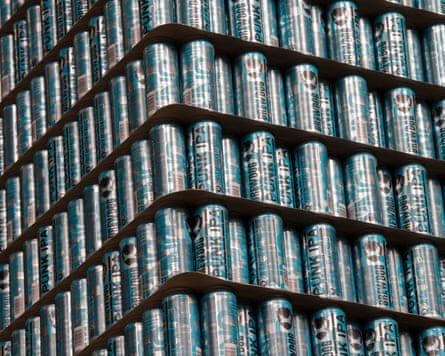
Their brash marketing strategy elicited the odd eye-roll, but on occasion, the duo badly misread the room.
after newsletter promotion
That same year, to send up their crowdfunding efforts, the pair filmed themselves begging and posing as sex workers. Thousands signed a petition calling the caricatures offensive.
Their Pink IPA – a mock “beer for girls” released on International Women’s Day 2018 and supposedly intended to challenge stereotypes – didn’t get many laughs from women in beer.
By and large though, drinkers loved this brand of devilment, while those in the industry recognised that a rising tide lifted all boats and that in the early days at least, BrewDog was making good beers.
“I was gushing about what they were doing,” says Curtis. “They were bringing the impetus from that US beer scene into the UK, which is what it needed.”
He credits BrewDog with fostering talented people who went on to run breweries themselves, echoing the old line that everyone who bought the first Velvet Underground record went on to start a band.
Brown points out that BrewDog has been a victim of revisionism too, from people who like to pretend they were always too cool for it. “They’ll say the beers were always shit. No they weren’t. They are now but they weren’t back then.”
But the publicity missteps – not to mention the dissonance caused by the company’s corporatisation – became less trivial.
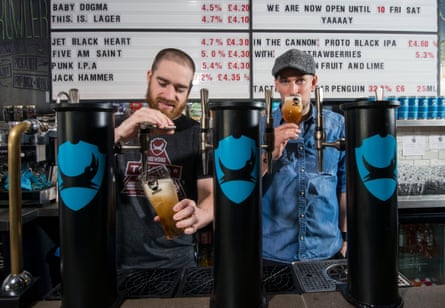
In 2017, BrewDog attracted criticism for threatening two small bars with legal action, one for using the name Lone Wolf – the same as a spirit brand that BrewDog was trying to launch, and another – against a Leeds pub – for calling itself Draft Punk.
The irony of trying to copyright punk was not lost on beer fans.
Then came the 2017 private equity investment and, in 2021 the bombshell Punks with Purpose open letter.
In response to mounting criticism, Watt acknowledged some of his failings and apologised. But he reacted with fury to a BBC documentary that raised further questions about his behaviour. The Guardian revealed that he had hired private investigators to gather information on people who had spoken to the BBC.
One seemingly minor but telling detail that emerged was that Watt, such a vocal critic of Big Beer, even owned shares in the Dutch brewing giant Heineken.
Dog days are over?
Last year, the company faced a new staff backlash after dropping its commitment to the real living wage and then over its handling of a decision by the EDL, a far-right group, to use its Waterloo bar as a meeting point for a rally.
More recently, Watt has courted ridicule for social media posts, including videos filmed alongside his former reality TV star partner Georgia Toffolo, in which he has railed against taxation on business and mooted delaying the duo’s wedding to avoid a potential tax hit.
“People have looked at how he behaves, looked at the brand and thought they’d rather drink something else,” says Cole. “BrewDog has just totally lost its identity. Whether it was all just smoke and mirrors is kind of irrelevant.”
One cohort that BrewDog has always been able fall back on was its army of shareholders, the “equity punks” who have a financial, as well as an emotional stake in the company, after taking part in its early crowdfunding rounds.
Even their loyalty may be tested.
BrewDog has previously indicated that it is seeking to float on the stock market, with valuations of up to £2bn bandied about. Faltering progress since then appears to have made a valuation even half that size fanciful.
Detailed analysis by the Financial Times, published earlier this year, concluded that weak profitability, with the terms of the investment by TSG may have rendered the equity punks’ stakes worthless.
If that turns out to be true, then some may look from BrewDog to the faceless brewing giants that they once mocked and find it impossible to tell which is which.

 3 months ago
96
3 months ago
96



